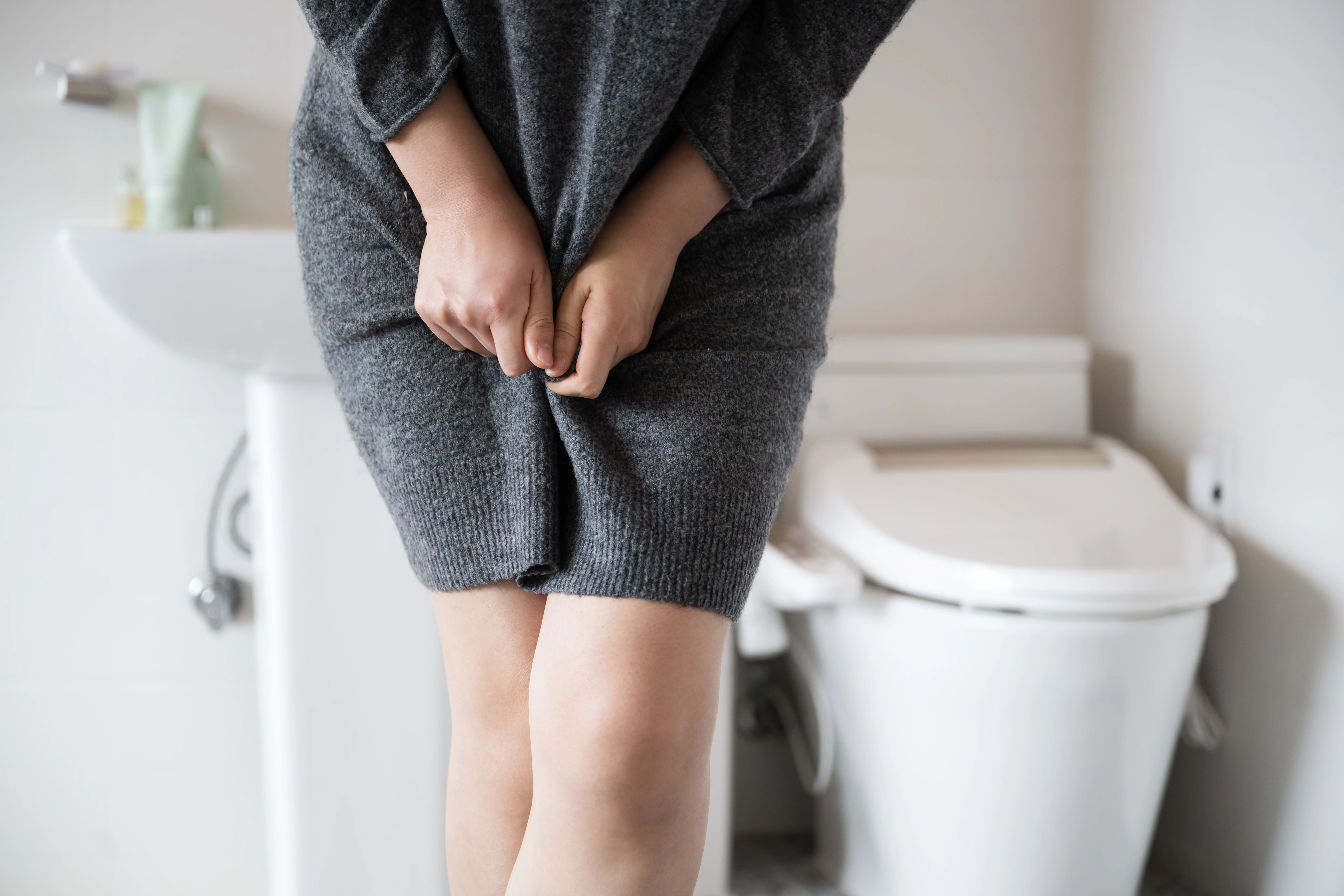What Happens If You Lift Something Heavy After Hysterectomy?
Discover what happens if you lift something heavy after a hysterectomy. Learn about the risks, recovery guidelines, and how to protect your health during the healing process.

Written by Dr. Dhankecha Mayank Dineshbhai
Reviewed by Dr. D Bhanu Prakash MBBS, AFIH, Advanced certificate in critical care medicine, Fellowship in critical care medicine
Last updated on 13th Jan, 2026

Introduction
A hysterectomy is a major surgical procedure that involves the removal of the uterus, and sometimes other reproductive organs like the ovaries and fallopian tubes. Recovery from this surgery takes time, and following your doctor’s post-operative instructions is crucial to avoid complications. One of the most common restrictions after a hysterectomy is avoiding heavy lifting. But what happens if you lift something heavy too soon? Let’s explore the risks, why it’s important to follow recovery guidelines, and how to ensure a smooth healing process.
Why Should You Avoid Heavy Lifting After a Hysterectomy?
After a hysterectomy, your body needs time to heal. The surgery involves cutting through muscles, tissues, and sometimes blood vessels, which then need to repair themselves. Lifting heavy objects too soon can strain these healing tissues, leading to complications such as:
1. Increased Risk of Internal Bleeding
Heavy lifting increases abdominal pressure, which can put stress on surgical wounds and blood vessels.
This may cause bleeding inside the abdomen, leading to pain, swelling, or even the need for additional medical intervention.
2. Hernia Formation
The abdominal muscles are weakened after surgery. Straining them by lifting heavy objects can cause a hernia (where internal tissues push through a weak spot in the muscle).
Hernias may require another surgery to fix.
3. Delayed Healing & Increased Pain
Excessive strain can reopen internal stitches or slow down the healing process.
You may experience more pain, swelling, or discomfort if you don’t allow your body enough time to recover.
4. Pelvic Floor Damage
The pelvic floor muscles support the bladder, bowel, and vagina. Heavy lifting can weaken these muscles, leading to issues like urinary incontinence or pelvic organ prolapse.
Consult Top Specialists for Personalised Tips
How Long Should You Avoid Heavy Lifting?
Recovery time varies depending on the type of hysterectomy:
Vaginal or Laparoscopic Hysterectomy (Minimally Invasive): Typically requires 4-6 weeks of restricted activity.
Abdominal Hysterectomy (Open Surgery): May require 6-8 weeks or longer before resuming heavy lifting.
Your doctor will give you specific guidelines based on your surgery and overall health. Always follow their advice before lifting anything heavier than 5-10 pounds (about the weight of a gallon of milk).
Tips for a Safe Recovery
To avoid complications and ensure proper healing:
1. Follow Your Doctor’s Instructions
Stick to the recommended rest period and lifting restrictions.
Attend follow-up appointments to monitor healing.
2. Ask for Help
Avoid lifting groceries, laundry baskets, or children. Ask family or friends for assistance.
3. Gradually Increase Activity
Start with light walking to improve circulation, but avoid strenuous activities until cleared by your doctor.
4. Use Proper Lifting Techniques (When Cleared)
Bend at the knees, not the waist.
Keep the object close to your body.
Avoid twisting while lifting.
5. Watch for Warning Signs
If you experience severe pain, bleeding, swelling, or fever after lifting something heavy, contact your doctor immediately.
When Can You Resume Normal Activities?
Most women can gradually return to normal activities after 6-8 weeks, but always confirm with your doctor. Even after this period, start slowly and listen to your body—if something feels uncomfortable, stop and rest.
Conclusion
Recovering from a hysterectomy requires patience. While it may be tempting to return to daily chores quickly, lifting heavy objects too soon can lead to serious complications. Prioritize rest, follow medical advice, and give your body the time it needs to heal properly.
Take care, and don’t hesitate to reach out to your healthcare provider if you have any concerns.
Consult Top Obstetrics and Gynaecology Surgeon
Consult Top Specialists for Personalised Tips

Dr. Mithee Bhanot
Obstetrician and Gynaecologist
23 Years • MBBS, DNB, DGO, MRCOG
Noida
Apollo Hospitals Sector 26, Noida
(450+ Patients)
Kavitha V Reddy
Obstetrician and Gynaecologist
20 Years • MBBS, DGO
Bengaluru
Apollo Cradle and Childrens Hospital, Bengaluru
Dr. Arti Sharma
Obstetrician and Gynaecologist
8 Years • MBBS, DNB(obstetrics and gynaecology)
Bengaluru
DIAGNOFY CLINIC, Bengaluru

K Geethanjali
Obstetrician and Gynaecologist
6 Years • MBBS, DNB (Diplomate in National Board
Bangalore
Apollo Clinic Bellandur, Bangalore

Dr. Smita Ghatak
Obstetrician and Gynaecologist
10 Years • MBBS, DGO, DNB Obstetrics & Gynaecology
New Town
Prime Diagnostic and Polyclinic, New Town
Consult Top Obstetrics and Gynaecology Surgeon

Dr. Mithee Bhanot
Obstetrician and Gynaecologist
23 Years • MBBS, DNB, DGO, MRCOG
Noida
Apollo Hospitals Sector 26, Noida
(450+ Patients)
Kavitha V Reddy
Obstetrician and Gynaecologist
20 Years • MBBS, DGO
Bengaluru
Apollo Cradle and Childrens Hospital, Bengaluru
Dr. Arti Sharma
Obstetrician and Gynaecologist
8 Years • MBBS, DNB(obstetrics and gynaecology)
Bengaluru
DIAGNOFY CLINIC, Bengaluru

K Geethanjali
Obstetrician and Gynaecologist
6 Years • MBBS, DNB (Diplomate in National Board
Bangalore
Apollo Clinic Bellandur, Bangalore

Dr. Smita Ghatak
Obstetrician and Gynaecologist
10 Years • MBBS, DGO, DNB Obstetrics & Gynaecology
New Town
Prime Diagnostic and Polyclinic, New Town


.webp)

